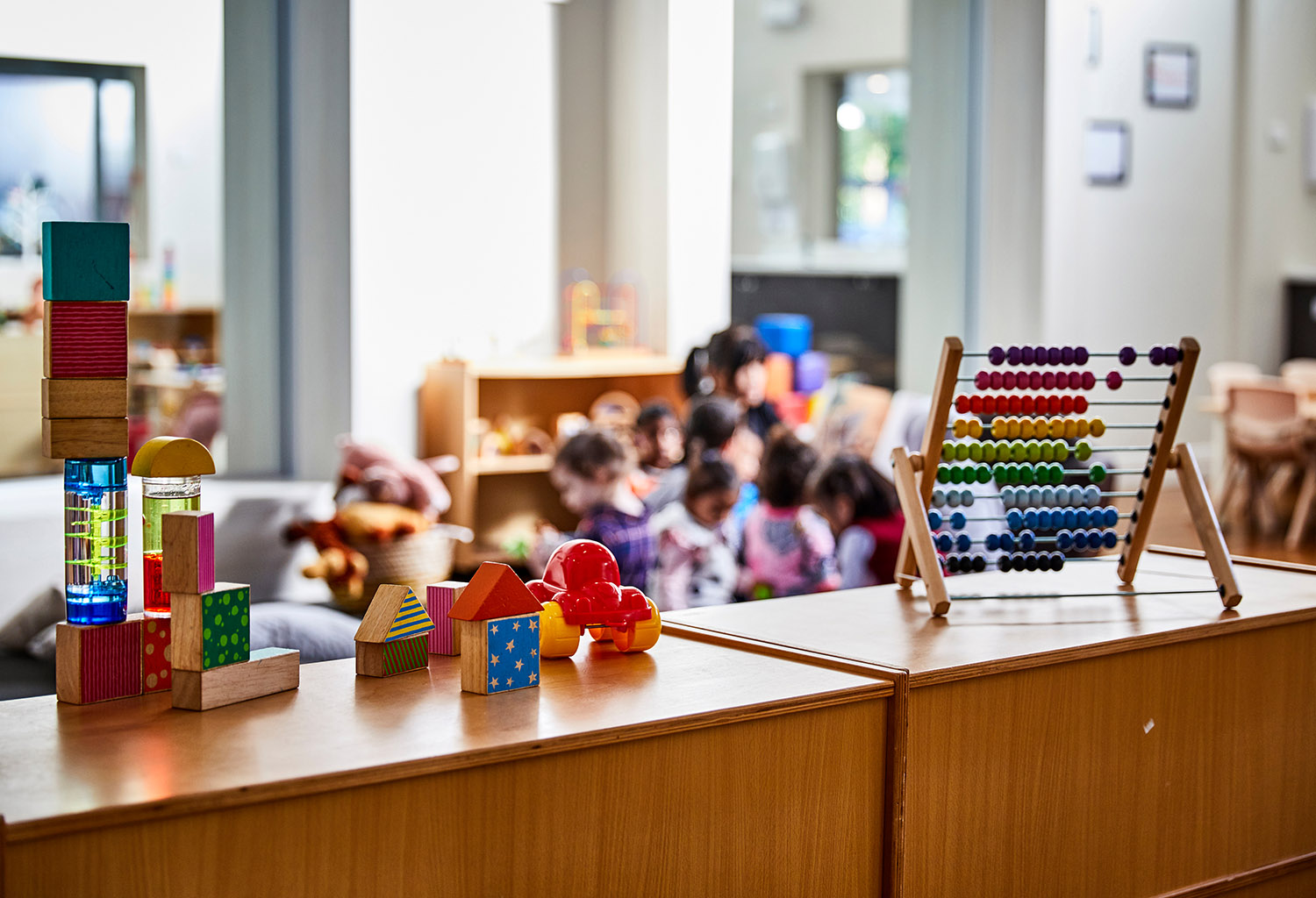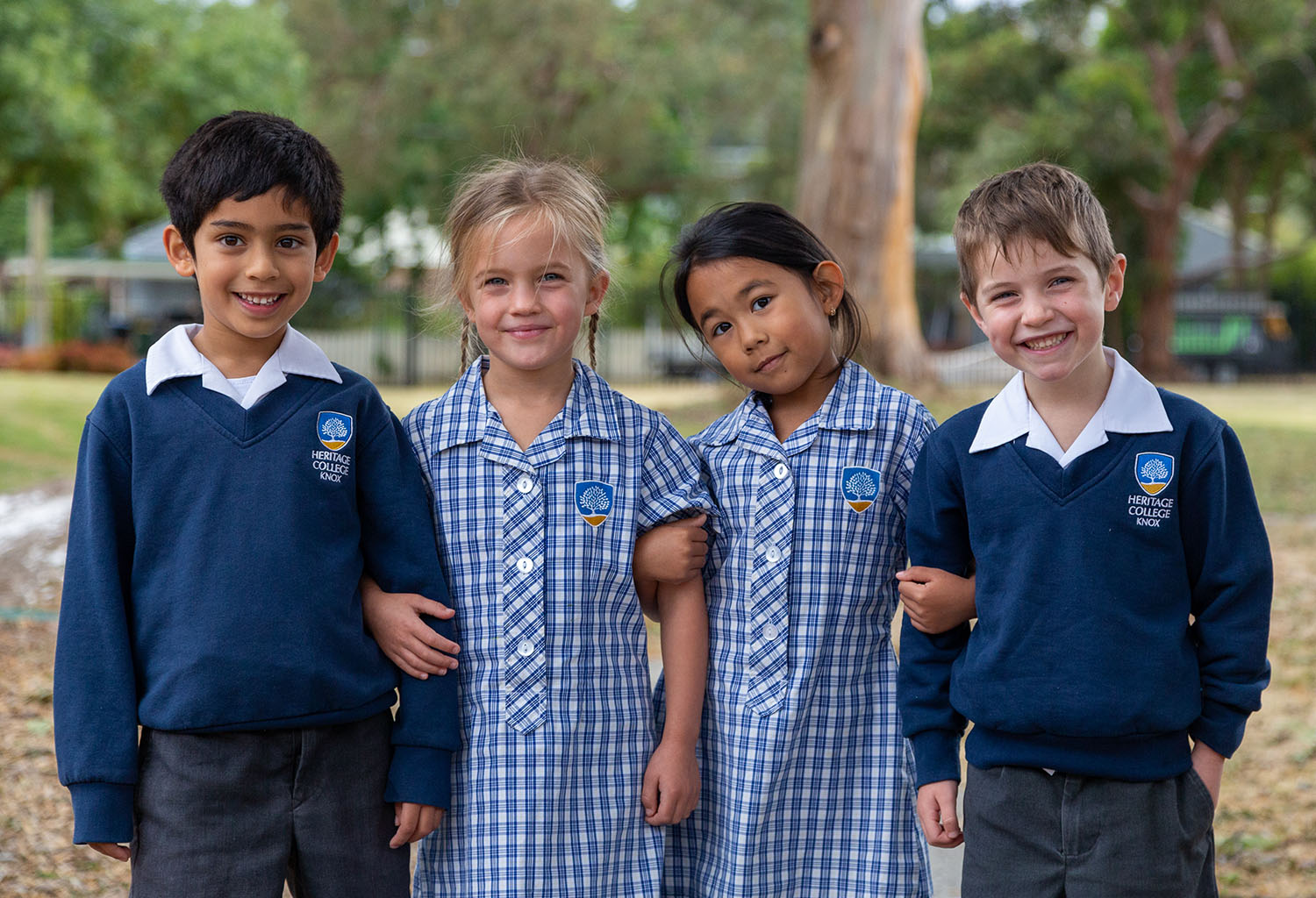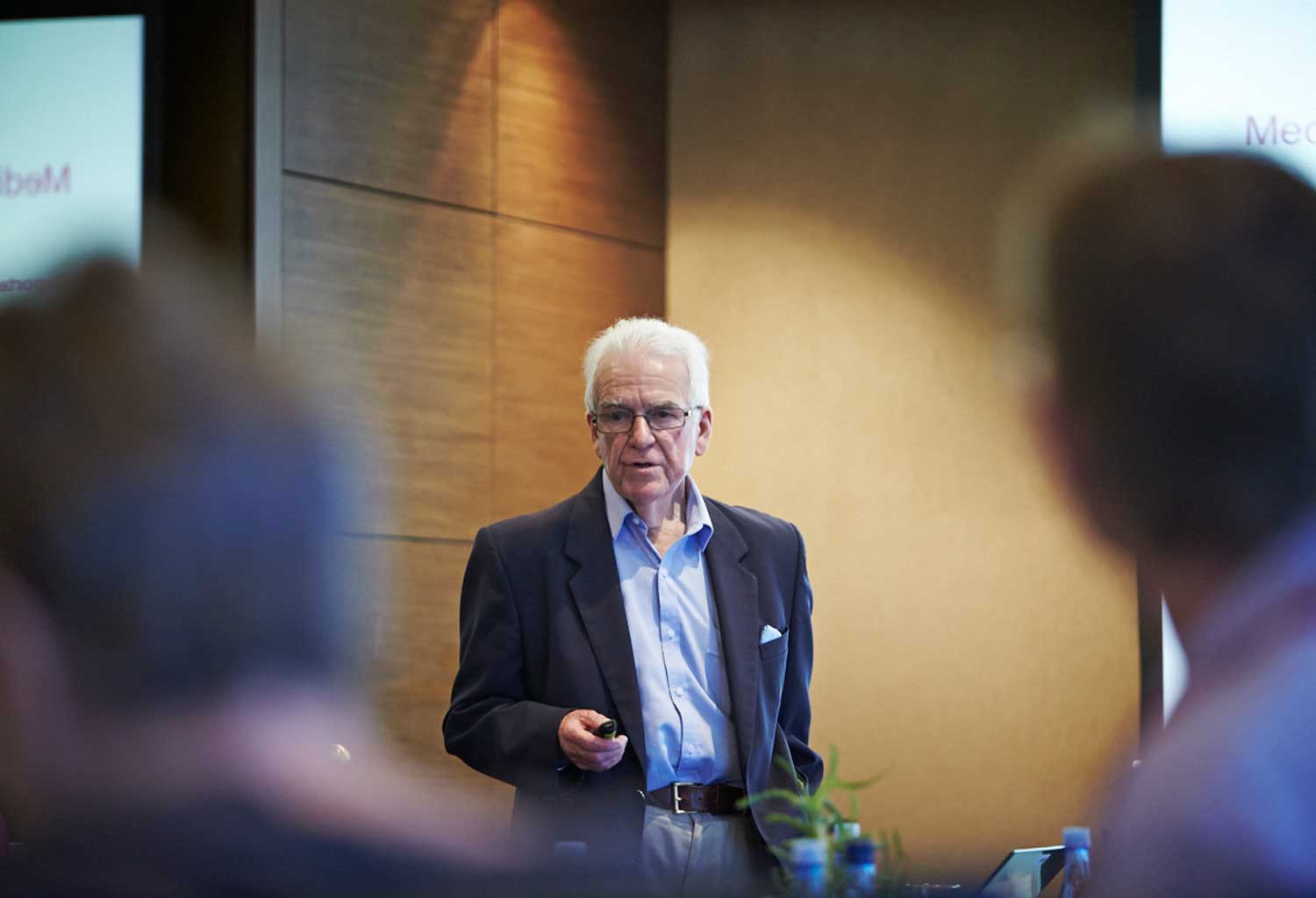Learning the lessons of the lockdown
5 min read
COVID-19 may have turned the embedded model of face-to-face teaching and learning on its head, but a whole new concept of ‘school’ has emerged, writes Marise McConaghy.
The last 12 weeks have seen the most significant disruption to our education system in living memory. We’ve all heard of businesses having to pivot to survive the catastrophic effects of COVID-19, but I’d suggest that schools have had to execute an even more complex acrobatic feat.
Not only did children and their parents become colleagues in working and learning from home overnight, but the embedded model of face-to-face classroom teaching and learning in like-age groups was turned on its head. New technologies were tested, different teaching styles embraced, and a whole new concept of ‘school’ emerged.
Despite the many great hurdles encountered, education professionals, students and their families have proven to be adaptable, agile and innovative in a crisis. This has provided us with a rare opportunity to rethink how we organise education and systems within schools, while shedding light on ways we can forever improve the learning experience.
While I know teachers, principals and education staff everywhere are exhausted, we can’t waste this opportunity to analyse and discuss which systems and practices embraced during this period actually enhanced the teaching and learning experience. We can’t simply revert to the ways we’ve always done things.
The last 12 weeks have seen the most significant disruption to our education system in living memory. We’ve all heard of businesses having to pivot to survive the catastrophic effects of COVID-19, but I’d suggest that schools have had to execute an even more complex acrobatic feat.
Not only did children and their parents become colleagues in working and learning from home overnight, but the embedded model of face-to-face classroom teaching and learning in like-age groups was turned on its head. New technologies were tested, different teaching styles embraced, and a whole new concept of ‘school’ emerged.
Despite the many great hurdles encountered, education professionals, students and their families have proven to be adaptable, agile and innovative in a crisis. This has provided us with a rare opportunity to rethink how we organise education and systems within schools, while shedding light on ways we can forever improve the learning experience.
While I know teachers, principals and education staff everywhere are exhausted, we can’t waste this opportunity to analyse and discuss which systems and practices embraced during this period actually enhanced the teaching and learning experience. We can’t simply revert to the ways we’ve always done things.
Fostering independent learning
One key observation has been that students are clearly able to be more independent in their learning. While we tend to assume that teenagers can’t be trusted to self-direct their learning, they’ve overwhelmingly proven to us that they can. They’ve discovered their self-agency and understandably want to continue to harness this through greater independence going ahead. In giving them this, we will be better able to develop our young people for life beyond school, rather than infantilising them.
For some students, the online setting has minimised the distractions of a classroom and promoted greater engagement. In fact, many families have reported that the online learning model offers a more efficient learning program for their child and removes some of the stresses associated with a crowded curriculum in the busyness of the school day.
How the school day is structured and timetabled is something to be examined to see if we can better leverage the flexibility and independence many students have enjoyed. By the same token, it’s been abundantly clear that students have missed each other and are social creatures (even if introverted), and that this part of school life is valuable, as is a sense of community.
The uncertainty wrought by the pandemic has highlighted that educating students with the skills to manage their own learning throughout life is paramount, and we need structures and frameworks that support this aim.
Beyond the industrial model of schooling
We have moved beyond the industrial model of schooling and we are now in what the World Economic Forum calls the fourth industrial revolution. To thrive in this new world, encouraging entrepreneurialism and using skills such as problem-solving, critical, creative and agile thinking, independent learning, along with the use of relevant information and digital technologies, will be crucial.
The Organisation for Economic Co-operation and Development (OECD) is tracking how digital technologies are changing face-to-face teaching and is one of many organisations conducting important research into the effects of this forced period of remote learning. Once more research is available, we will need to critically evaluate the pedagogical responses and strategies in order to implement those that combine the best elements of both online and face-to-face teaching.
Digital technologies and e-learning will certainly continue to play a bigger role in schools of the future, with teachers now more familiar with the technology needed to enhance both teaching and learning. Take the use of video conferencing as an example, which was used only minimally in schools before lockdown. Teachers and students are now competent and confident in this medium, opening the door for more collaborative work with individuals across an infinite number of locations in the future.
Remote and online delivery has empowered teachers to rethink what the essential learnings are and take ownership of what they teach and how they teach it. As such, teachers are no longer seen simply as ‘knowledge delivery systems’. It has reinforced the teacher as facilitator, guide, and mentor in helping students to manage knowledge.
Re-shaping curriculum design
Teachers’ creativity online has also allowed them the space to explore and see the potential for differentiation to meet all learners’ needs and challenged them to rethink their priorities around assessment – in particular, to include more formative assessment with targeted feedback to engage and foster learning.
The COVID-19 experience should encourage us to think more broadly outside traditional disciplines and to start our curriculum design from the attributes we are seeking to develop, rather than how much content to teach.
At Strathcona, we are looking at this and how we foster strong character, a moral compass and a sense of social responsibility – along with the skills and core knowledge we want our graduates to leave with. It is a life skill for students to learn how to take risks with their thinking and learning, and when they fail, to bounce back and try again. In the long run, such skills will better serve students in their future pathways than high pressure, standardised test results.
While this extraordinary event has presented significant challenges for all of us and its impact will be felt long into the future, it has also fuelled a much-needed conversation and review of the way we think about and deliver education in this country. We can’t just revert to doing things as we’ve always done them when we’ve so clearly demonstrated that alternatives are not only possible, but beneficial. What’s at stake is simply too important.
Marise McConaghy is Principal of Strathcona Girls Grammar School. This article first appeared in The Age.



